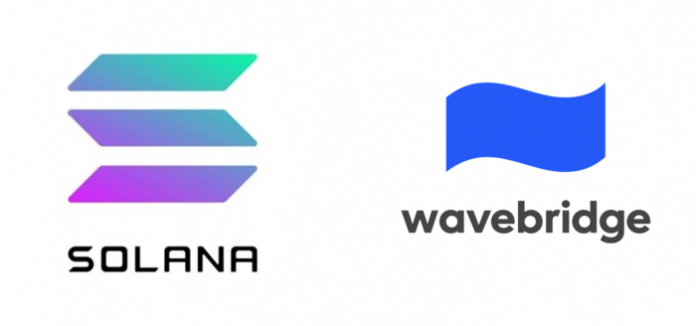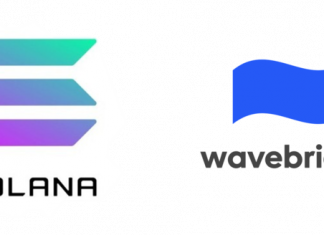
Global blockchain platform Solana has partnered with Korean digital asset infrastructure firm Wavebridge to develop a stablecoin pegged to the Korean won (KRW). The two companies recently signed a strategic memorandum of understanding (MOU) to collaborate on stablecoin issuance and management systems, asset tokenization technology, and on-chain financial product development.
At the core of the agreement lies the goal of building a “KRW-based stablecoin ecosystem.” Solana will provide its blockchain infrastructure—known for high-speed and low-cost transactions—while Wavebridge will lead cooperation with local financial institutions and asset managers. The project also plans to introduce a structure linked with real-world collateralized assets, potentially enabling the tokenization of traditional financial instruments such as money market funds (MMFs).
Wavebridge, a blockchain company offering prime brokerage and custody services for institutional investors, has been expanding into on-chain liquidity management and bridge technologies. Solana officials described the partnership as “a major turning point that directly connects Korea’s regulated financial system with blockchain infrastructure.”
Interest in KRW-pegged stablecoins has surged in Korea this year. Earlier, Busan-based BDACS launched a pilot version of “KRW1” on the Avalanche blockchain, while several major Korean banks have filed trademarks related to stablecoin businesses in preparation for market entry. The Financial Services Commission (FSC) is also expected to release a draft bill in the first half of next year outlining legal standards for issuance and circulation, which could determine whether such tokens enter the regulated financial framework.
However, several challenges remain. Real-time collateral verification, bridge security, and compliance with anti–money laundering (AML) standards are essential. Critics also warn that privately issued stablecoins could influence monetary policy, prompting a cautious approach from Korea’s central bank and regulators.
Industry experts see the partnership as more than an experiment—potentially a practical model for fiat-backed digital tokens in Asia.
If the Solana–Wavebridge project proceeds to actual issuance, Korea could emerge as one of the first nations to present a regulated, institution-backed model within the global stablecoin landscape.






